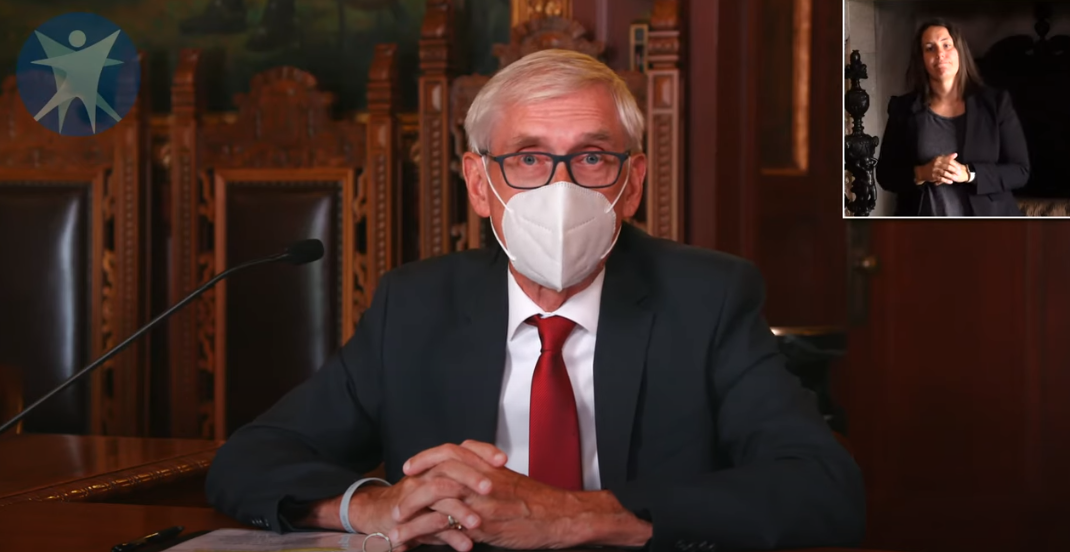Gov. Tony Evers’ upcoming budget will include a series of proposals aimed at reining in the costs of prescription drugs.
One provision is a $50 cap on copays for insulin. More than a half-dozen states have approved caps in insulin copays with four of the restrictions taking effect last month and a fifth coming in July, according to the American Diabetes Association.
Another proposal is eliminating drug copays in the BadgerCare program. Currently, prescription drug copays in BadgerCare run from 50 cents for over-the-counter drugs to $3 for brand-name medications. There is also a $12 cap per member, per provider, per month on copays, not counting costs for over-the-counter medications.
“Picking up your prescription shouldn’t break the bank, but we know too many Wisconsinites continue to struggle to afford their medications,” Evers said. “That’s just not right. Healthcare — medications or otherwise — shouldn’t be a privilege afforded only to the healthy and wealthy, and that’s why we are going to be tackling this issue head-on in our budget.”
The Wisconsin Medical Society echoed the guv’s position that prescription drugs are a major reason why health care is unaffordable for too many patients.
Chief Policy Officer Mark Grapentine said the organization looks forward to looking at the details of the provisions.
“Physicians are constantly staying up to date on the best treatments and medicines, but too often it’s hard to know what costs patients will face when filling a prescription,” Grapentine said. “More transparency into understanding those costs would be a very positive step, and we look forward to working with the Governor and the legislature on reducing health care costs.”
Evers’ budget, which he will unveil Feb. 16, also will include the creation of a new board with the power to establish prescription drug spending targets for public sector entities and set price limits. The budget also will call for allowing the state to import prescription drugs and the creation of a new state-local entity to leverage their purchasing power to reduce costs.
Other provisions Evers said will be in his budget include:
*a $4 million increase over the upcoming biennium for free and charitable clinics;
*in some circumstances, requiring insurers to apply discounts and coupons to deductibles and annual out-of-pocket maximums;
*creating an office to oversee and regulate the pharmaceutical supply chain and serve as a watchdog for consumers;
*requiring transparency and reporting across the prescription drug supply chain.
John Nygren, the executive director of the Wisconsin Association of Health Plans, said it’s too early for the insurance lobby group to state a position on Evers’ proposals.
“Just on the initial purview … I think there’s things that our members will be supportive of, there’s things that we might find a challenge. Either way, I think this is a conversation that we all need to be having because of how pharmacy costs have actually been driving the cost of health care in Wisconsin,” said Nygren, also a former GOP state representative and Joint Finance Committee co-chair.
Stay tuned for the next “WisBusiness: The Podcast” episode with Nygren. See previous episodes here: https://www.wisbusiness.com/category/podcast/
-By Stephanie Hoff
WisBusiness.com






